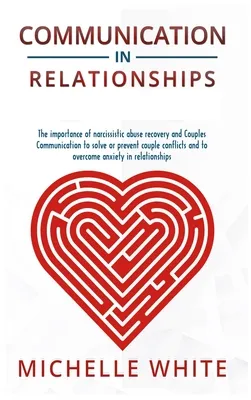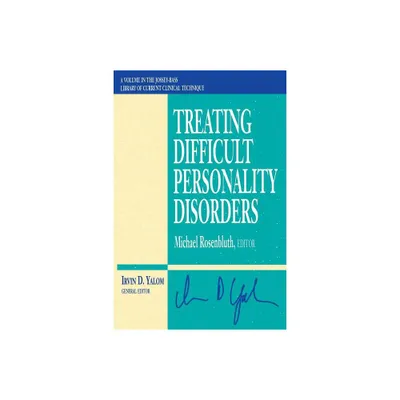Home
Couples Conflict: Clinical Techniques for Navigating Sexual and Relationship Control Struggles
Loading Inventory...
Barnes and Noble
Couples Conflict: Clinical Techniques for Navigating Sexual and Relationship Control Struggles
Current price: $170.00


Barnes and Noble
Couples Conflict: Clinical Techniques for Navigating Sexual and Relationship Control Struggles
Current price: $170.00
Loading Inventory...
Size: Hardcover
*Product Information may vary - to confirm product availability, pricing, and additional information please contact Barnes and Noble
In the first book of its kind, Dr. Stephen J. Betchen teaches established and training marriage and family therapists to recognize the complexity and contradictions of control struggles in couples and, uniquely, how to clinically treat these issues to create a harmonious, long relationship.
Integrating conflict theory, psychodynamic systems work, and the basic principles of sex therapy, the book aims to help professionals recognize and assess control struggles in couples, detect and examine their origin, and offer techniques to help break the struggle and alleviate its associated symptoms. Chapters begin by defining control and where the origin of control comes from before exploring how these origins and other sociocultural factors impact how we choose our partners. The book’s second half examines how clinicians should assess and treat couples with both sexual and nonsexual symptoms, how to avoid being caught in the control crossfire as a therapist, and how to terminate sessions and prevent relapses.
Filled with case studies and useful interventions throughout, this book aims to help clinicians working with all couples across cultures and sexual orientations find a common ground. It is indispensable for training and graduate clinicians that work with couples, especially couples with sexual disorders.
Integrating conflict theory, psychodynamic systems work, and the basic principles of sex therapy, the book aims to help professionals recognize and assess control struggles in couples, detect and examine their origin, and offer techniques to help break the struggle and alleviate its associated symptoms. Chapters begin by defining control and where the origin of control comes from before exploring how these origins and other sociocultural factors impact how we choose our partners. The book’s second half examines how clinicians should assess and treat couples with both sexual and nonsexual symptoms, how to avoid being caught in the control crossfire as a therapist, and how to terminate sessions and prevent relapses.
Filled with case studies and useful interventions throughout, this book aims to help clinicians working with all couples across cultures and sexual orientations find a common ground. It is indispensable for training and graduate clinicians that work with couples, especially couples with sexual disorders.


















